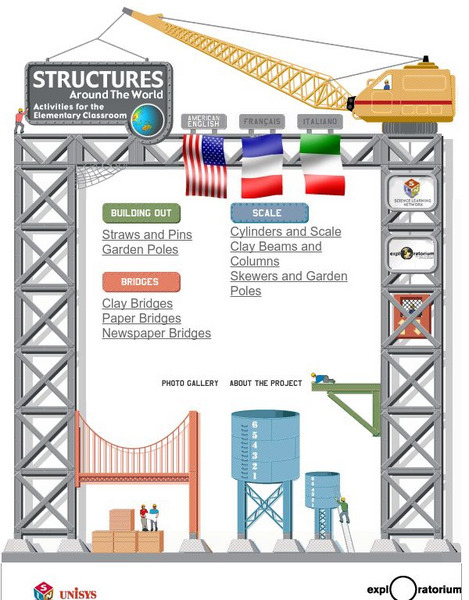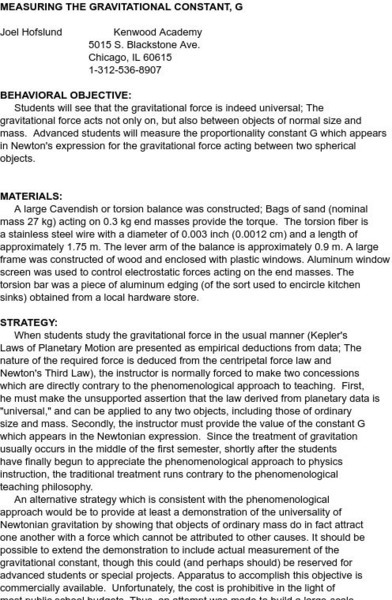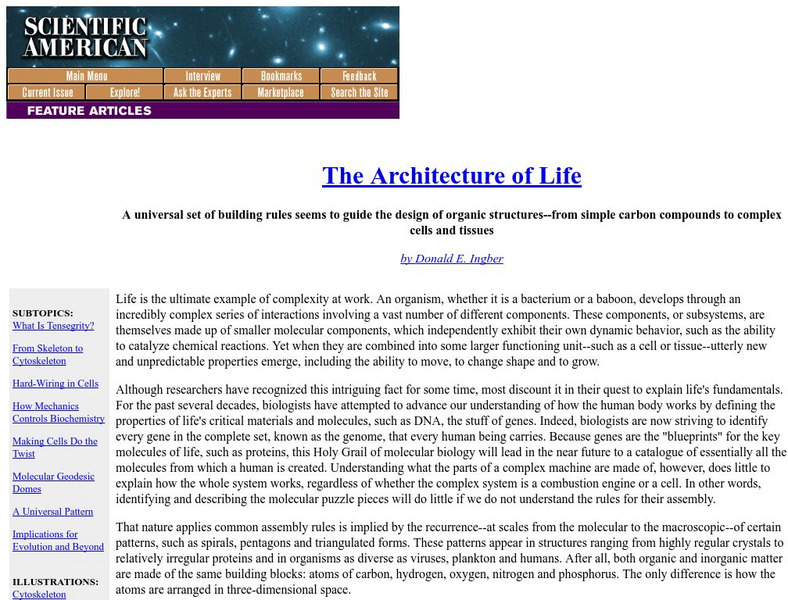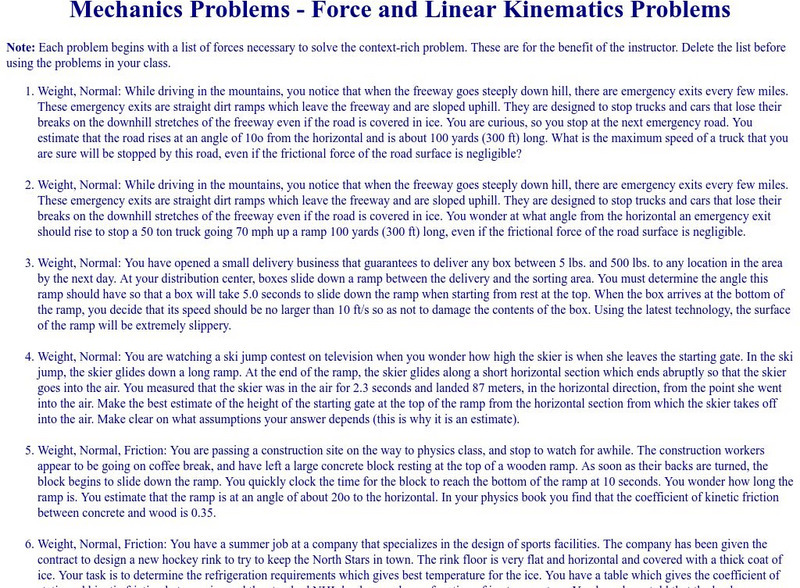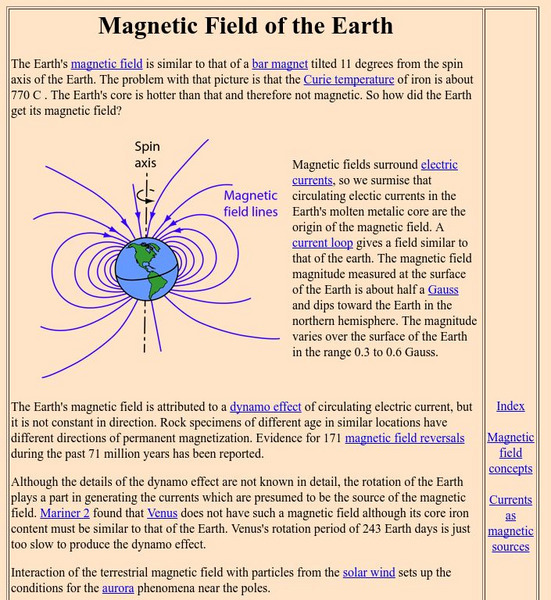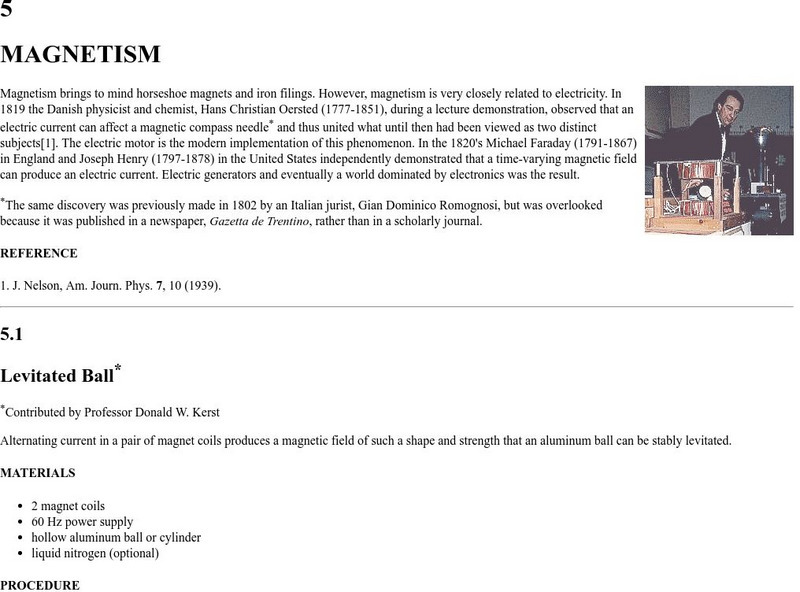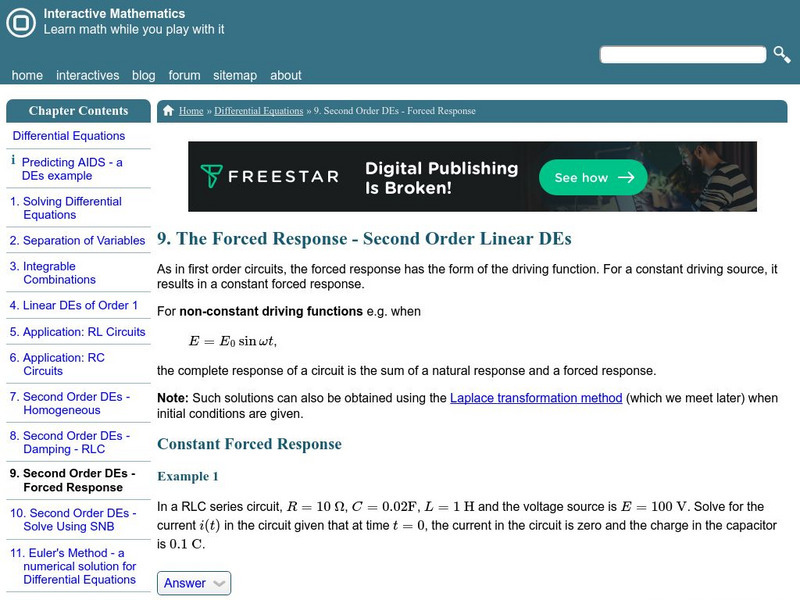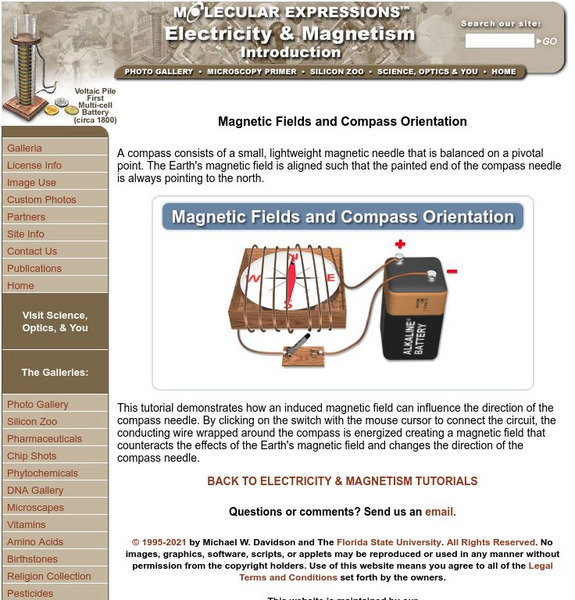Hi, what do you want to do?
PBS
Pbs: Nature: Raptor Force
Online companion of a Nature documentary about birds of prey, their sense of sight, and their powers of locomotion. Includes a game, Raptor Vision, that lets players see the world through the eyes of a raptor.
Texas Education Agency
Texas Gateway: 4.4 Newton's Third Law of Motion: Symmetry in Forces
By the end of this section, you will be able to understand Newton's third law of motion and apply Newton's third law to define systems and solve problems of motion.
Texas Education Agency
Texas Gateway: Forced Oscillations and Resonance
By the end of this section, you will be able to differentiate between different types of damping and explain resonance.
Khan Academy
Khan Academy: Trig and Forces: The Pendulum
Using Newton's Laws of motion to calculate the acceleration of a pendulum as well as to compute and draw its position along the swing and move about the screen in a computationally based graphic system.
Khan Academy
Khan Academy: Newton's Laws of Motion
Making objects move around the computer screen and responding to a variety of environmental forces by understanding Newton's Laws of force and acceleration.
Khan Academy
Khan Academy: Motion of Many Objects
Application of physics to graphic computer programming.
Exploratorium
Exploratorium: Structures Around the World
How does that bridge stay up? What are the forces acting on that column? This site helps students understand how structures can be built by having them build their own. Also provides images of real structures for kids to compare with...
Science and Mathematics Initiative for Learning Enhancement (SMILE)
Smile: Measuring the Gravitational Constant, G
A demonstration/lab idea for determining the numerical value of the universal gravitation constant using a torsion balance.
Virginia Tech
Digital History Reader: Can Humans Control the Natural World?
The course of industrialization and migration of society forced a shift within the natural world. Through context, writing assignments, reports, articles, visual materials, and bibliographical resources this unit dives into the question,...
University of California
Organic Structures:the Architecture of Life
Article discusses how objects in nature are held together through balanced forces. Scroll midway down to find info on microtubules and microfilaments. Links to excellent electron micrographs.
University of Colorado
University of Colorado: Physics 2000: Electromagnetic Waves
Using a student-teacher dialogue format, this page discusses the nature of light as an electromagnetic wave and the electromagnetic spectrum.
University of Minnesota
University of Minnesota: Mechanics Problems: Force and Linear Kinematics Problem
This University of Minnesota site provides a series of contextually rich problems pertaining to force, Newton's second law of motion, and linear kinematics.
Georgia State University
Georgia State University: Hyper Physics: Magnetic Field of the Earth
This site is a description of the earth's magnetic field, including a section on the "Dynamo effect," a proposed explanation for the origin of the earth's magnetic field.
University of Wisconsin
University of Wisconsin: 5 Magnetism
From an online teacher demonstration book. Includes a description and explanation of five demonstrations on a variety of magnetism topics. Interesting and captivating demos.
FT Exploring
Ft Exploring: Energy, Heat Flow, and Life
Here you can learn all about heat flow, one of the major driving forces of nature, and how it works. It is the force behind weather, photosynthesis, animal behavior, and much more.
Science Museum of Minnesota
Science Museum of Minnesota: Thinking Fountain: Friction
The Thinking Fountain provides this simple experiment for understanding friction and it relationship to energy.
Discovery Education
Discovery Education: Friction in Our Lives
Learners observe objects in motion down a ramp to discover how the force of friction affects an object's motion. Includes the lesson plan, vocabulary list, and extensions for students.
University of St. Andrews (UK)
University of St. Andrews: Orbits and Gravitation
A page describing the physics, mathematics, and historical figures associated with planetary motion, satellite motion, and universal gravitation.
Smithsonian Institution
Smithsonian Environmental Research Center: Arctic: A Friend Acting Strangely
Discover the devastating effects of climate change on an Inuit Arctic community in northern Canada. The melting sea ice caused by global warning has started a chain reaction of many changes in the culture and survivability in the Arctic...
Community Learning Network
Community Learning Network: Blizzards and Snow Theme Page
Come and learn more about blizzards and snow storms through this collection of resources. This site offers a wide variety of links to increase your knowledge of this powerful force of nature.
US Geological Survey
Lake Pontchartrain Basin Foundation: The Forces Are With Us: Natural Forces
A collection of science activities that focus on natural forces that affect Lake Pontchartrain Basin. Students will understand how global climate change relates to storm events, subsidence, and erosion. Background information on...
Khan Academy
Khan Academy: Spring Forces
Creating a simulation of a bob hanging from a spring in a two-dimensional space that responds to other forces in the environment (wind, gravity, etc.)
Interactive Mathematics
Interactive Mathematics: 2nd Order D Es (Forced Response)
This lesson covers constant, natural, and non-constant forced responses. Very detailed examples are included that work the problems step by step, with graphs, to assist in visual understanding.
Florida State University
Florida State University: Molecular Expressions: Magnetic Fields and Compass Orientation
Simulate the creation of an induced magnetic field through the use of a simple electric circuit. An interactive demonstration is included.
Other popular searches
- Internal Forces of Nature
- External Forces of Nature
- Forces of Nature Gravity
- Forces of Nature Research
- Forces of Nature Weather











